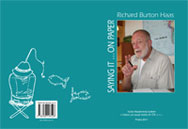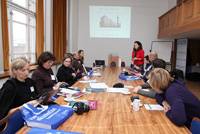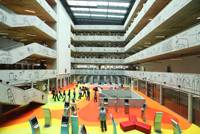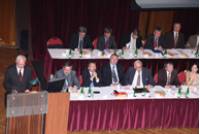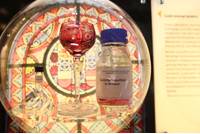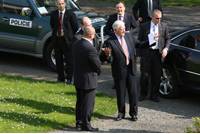The Velvet Revolution in November 1989 brought about the collapse of the authoritarian communist regime in what was then Czechoslovakia. It also marks the beginning of the country's journey towards democracy. This book examines what the values in so-called real socialism were, as well as how citizens’ values changed after the 1989 collapse. In Velvet Revolutions (published in Oxford Oral History Series, Oxford University Press, 2016), Miroslav Vanek and Pavel Mücke of the Institute for Contemporary History of the CAS analyse and interpret 300 interviews on citizens’ experience of freedom and its absence, the value of work, family and friends, education, relations to public sphere and politics, the experience of free time, and the perception of foreigners and foreign countries. The interviewees are drawn from a wide range of professions, including manual workers, service workers, farmers, members of the armed forces, managers, and marketing personnel. All of the interviewees were at working age during the last twenty years of the communist regime and during the post-revolutionary transformation. From this rich foundation, the book builds a multi-layered view of the Czech history before 1989 and during the subsequent period of democratic transformation.


 Česky
Česky




